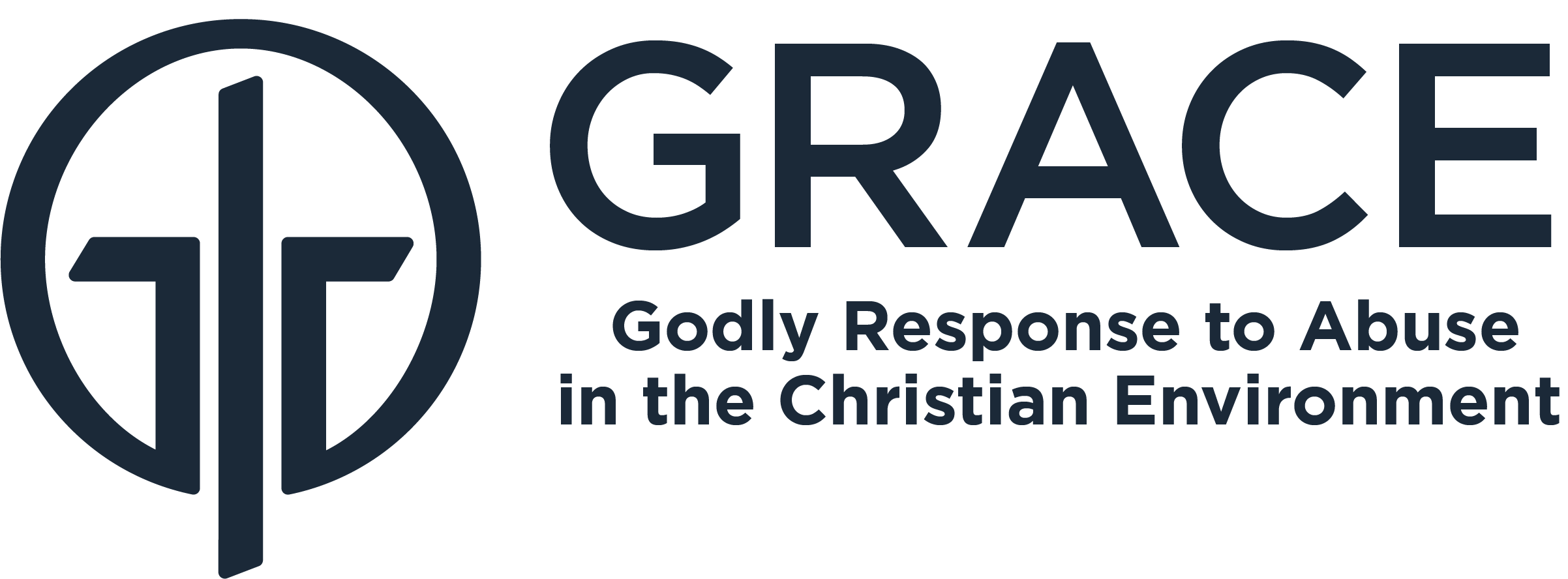Christians and the Struggle to Report Child Abuse
By Boz Tchividjian
I recently came across a legal alert from a Christian organization that directs pastors who learn of suspected child abuse to first conduct their own internal investigation “to decide whether the situation requires reporting to the authorities.” Yikes!
As I work with churches and other Christian institutions, I often encounter professing Christians who struggle with whether they should first report suspected child abuse to the civil authorities. As above, they are often directed to report abuse suspicions to leadership who then decide whether or not to involve the authorities. Double yikes!
A church elder once told me that if he received a disclosure of child sexual abuse, his first response would be to interview the alleged victim. His rationale was that he wanted to “be sure that the allegations are legitimate before reporting to the police and ruining the man’s reputation”. When asked what training he had to conduct a child forensic interview, the man was silent. When asked whether he wanted the responsibility to determine the validity of a very serious felony, he started to shrink back in his chair. I then asked whether he was prepared to violate mandated reporting laws. Fortunately, the elder got my point, changed his opinion, and acknowledged his need to learn more about child sexual abuse. An issue often at the heart of this critical struggle is whether the Church is obligated to subject itself to the laws of man when it believes that it is capable to address the sin “in-house”.
Let’s make sure we all understand one important truth: child sexual abuse is both a sin and a serious crime. In order to effectively carry out its responsibility of protecting children and punishing perpetrators, all 50 states have laws that mandate certain citizens to report suspected neglect or abuse of children. Violation of mandated reporting laws not only fails to protect children, but also enables the perpetrator to avoid criminal prosecution. Scripture says, For the one in authority is God’s servant for your good (Romans 13:4). This clearly indicates that a central purpose of civil government is to do good. If that is the case, can there be any greater good carried out by civil government than to punish citizens who violate laws designed to protect society’s most vulnerable members? In order to carry out this good, the authorities must be notified of the alleged offense. Governments are incapable of protecting little ones and punishing offenders if its citizens remain silent in the face of such evil.
Besides biblical and legal grounds for reporting suspected abuse to authorities, there are also practical reasons to do so. The government has the exclusive authority to unilaterally remove children from guardians who are inflicting physical and/or emotionally harm. However, this can’t happen if the authorities are not notified of the suspected maltreatment. Oftentimes, a child’s very survival is dependent upon whether we take the initiative and report. There should be little debate within the Christian community that the protection and survival of children is a God ordained responsibility that we cannot neglect or excuse.
Why do some churches and Christian organizations seem to struggle with encouraging members to report the suspected abuse of a child? At the heart of the struggle is a fear that is rooted in the need to self-protect. It is a fear of losing the “good reputation” of a ministry, it is a fear of losing ministry donors, it is the fear of losing congregation members, it is a fear of losing a ministry altogether. All such “fears” are usually masked by a rationale that the reporting of such abuse may “damage the reputation of Christ”. Do you see the great tragedy? It is a fear fueled by protecting self. This has nothing to do with Jesus.
The Gospel tells Christians that our identity is in Christ alone, and that our reputation and all that we possess belongs to Him. Another way of putting it is that apart from Christ’s accomplishment, we have no reputation and we possess nothing. This Gospel-centered perspective gives us great freedom to confess, confront and expose sin without fear of earthly consequences. This Gospel-centered perspective liberates us to sacrifice personal and institutional reputations if doing so protects and preserves the lives of His little ones. Isn’t that what God did for us? He sacrificed His reputation, His supporters, His ministry, and even His very own life in order to protect and redeem. This Gospel centered perspective should drive us to expend ourselves in protecting children, regardless of the consequences to our church, ministry, or our very own lives.
The next time someone tells you that reporting suspected abuse of children may “hurt the reputation of Christ”, tell them to stop protecting themselves. Tell them that the reputation of Jesus is reflected in how we love and protect children. Tell them that the reputation of Jesus is only damaged when we turn away and leave grievous sin alone in the darkness of silence.
Boz Tchividjian is the founder and executive director of GRACE.
This article was originally published on February 7, 2014 for the Religion News Service (RNS). Used with permission.

